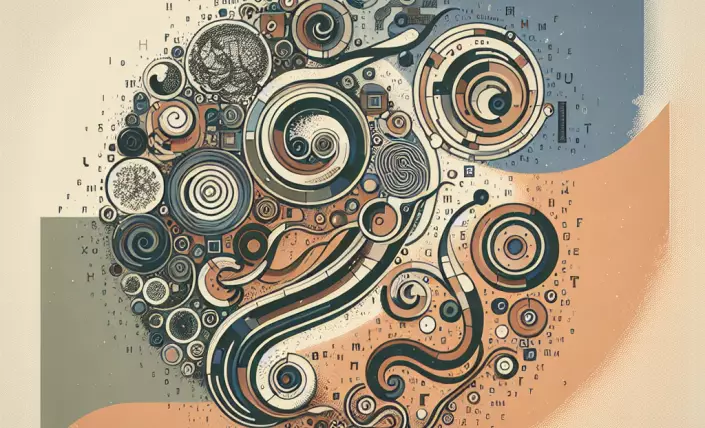In a world that celebrates constant change and ceaseless progress, we are often swept away by the currents of innovation and novelty. Yet, amidst this relentless pursuit, there lies a profound paradox that philosopher and writer G.K. Chesterton invites us to explore. His reflections challenge us to reconsider the true significance of progress and the hidden costs of a life perpetually in motion. Chesterton, with his characteristic wit and insight, compels us to pause and ask: Is the relentless chase for the new and improved truly leading us to a more meaningful existence?
Chesterton's philosophy often revolves around the idea that the modern world, in its quest for advancement, risks losing touch with the foundational values and truths that give life depth and purpose. He provocatively suggests that progress, when pursued for its own sake, can become a form of idolatry, where the new is worshipped simply because it is new. This perspective invites us to reflect on the nature of progress itself. Are we merely moving forward for the sake of motion, or are we moving toward something genuinely worthwhile? Chesterton encourages us to discern between change that is meaningful and change that is merely superficial.
In examining the paradox of progress, we must confront the tension between individual fulfillment and societal expectations. The modern era often equates success with continuous improvement and expansion, yet Chesterton warns that such a mindset can lead to a disconnection from what truly matters. He emphasizes the importance of cherishing the simple joys and eternal truths that, in the frenzy of progress, are often overlooked. This reflection urges us to reassess our priorities and to seek a balance between embracing the new and honoring the enduring elements of life that ground and sustain us.
Ultimately, Chesterton's insights offer a philosophical lens through which we can examine our own lives and the world around us. By questioning the assumptions underlying our pursuit of progress, we can begin to cultivate a deeper understanding of what it means to live a life of true significance. In doing so, we are reminded that the journey towards meaning is not necessarily linear or defined by constant change, but rather by a thoughtful engagement with both the past and the present. Through this lens, we are encouraged to find contentment not in the endless quest for more, but in the appreciation of the profound and the timeless.










